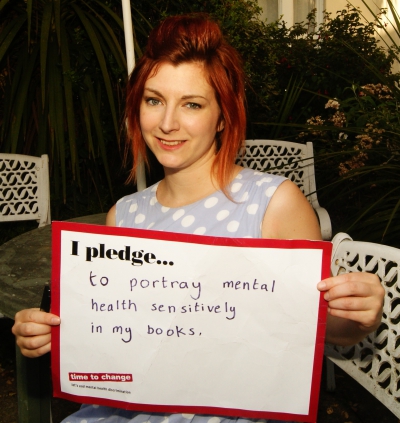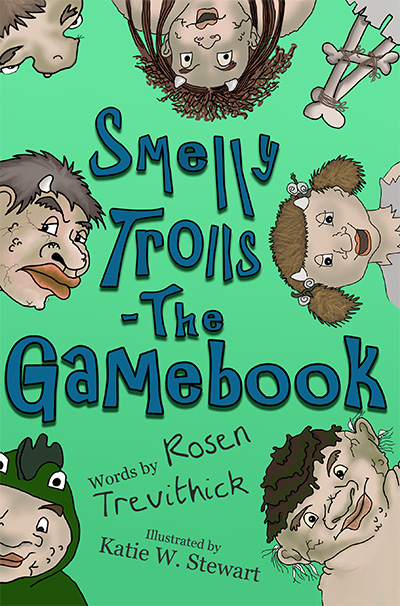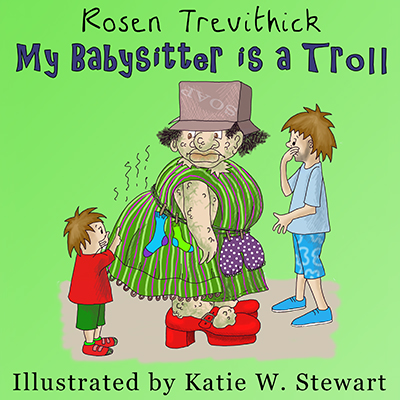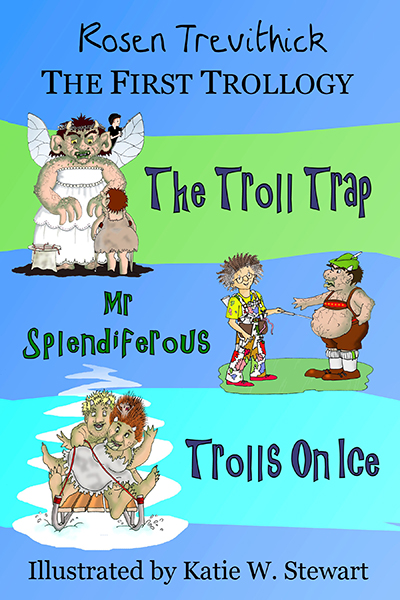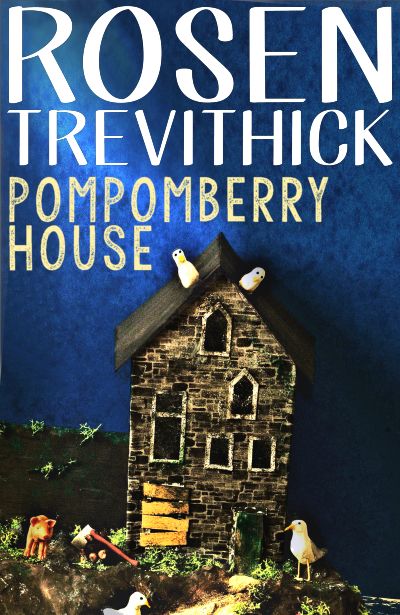My Pledge to Portray Mental Health Sensitively in my Books
Ever since I found out that Time to Change, the campaign to end mental health discrimination, had created a pledge wall, I have been planning to add a vow. Today I chose one.
"I pledge to portray mental health sensitively in my books."
Why did I pick the portrayal of mental health in my books?
I considered several pledges, for example talking openly about mental health, but lots of people like Denise Welch, Gary Beadle and Liz McClarnon have vowed to talk more about the issue.
The portrayal of mentally ill people in fiction has been an ongoing personal frustration since I was diagnosed with bipolar disorder in 2001. Too often are bipolar disorder, schizophrenia and other mental health problems used as lazy plot devices, which propagate unhelpful stereotypes about the reality of living with a mental health problem.
Over the years, I've seen bipolar disorder used as an explanation for incest ('Nip Tuck'), arson ('Six Feet Under') and double murder ('Shutter Island').
These unhelpful examples give people the impression that those of us with mental health problems are violent or immoral. The reality of the situation is that the majority of people with mental health problems are no more violent than the general population.
A study by Brekke (2001) found that, in a sample of 172 people with schizophrenia or schizoaffective disorder, sufferers were at least 14 times more likely to be victims of a violent crime than to be arrested for one.
Often schizophrenic delusions are used as a plot device to explain away multiple personalities and imaginary characters. Whilst this has occasionally given rise to some impressive films, I feel it's been overused and fiction that depicts a more realistic picture of people with mental health problems is overdue.
Therefore, I pledge to develop characters with mental health problems realistically in my books and not to use mental health problems as a lazy plot device.
Also, I plan to go through my back catalogue identifying characters with mental illnesses and blog supplementary information, so that readers understand that the same illness can manifest itself in a number of ways. I will provide links to sources of help.
I urge other fiction writers to take the same pledge. Living with a mental health problem is incredibly difficult on a personal level. Being misunderstood by society makes life even harder. So please, don't propagate unhelpful stereotypes. If you're not going to research a diagnosis, don't use it.


